JOANNE LAUCIUS Updated: February 20, 2019
A panel of federal bureaucrats got an earful at a national Indigenous cannabis and hemp conference in Ottawa on Wednesday.
The message: Getting a slice of the cannabis industry should have been part of Canada’s reconciliation with its Indigenous peoples — but that opportunity has been squandered.
The three-day conference attracted about 300 attendees from Indigenous communities and businesses from across the country. It is aimed at offering networking opportunities and addressing political and social questions, including sovereignty and community well-being.
Wednesday morning featured a panel offering the a federal overview of the cannabis industry. Health Canada is trying to “create a path to integrate on-the-ground situations with the legal framework,” Todd Cain, director general of licensing and medical access of the cannabis legalization and regulation branch of Health Canada told the conference. The federal government set up an “Indigenous navigator “system about a year ago for those who were interested in becoming part of the industry. Health Canada has also made visits to over 100 Indigenous communities.
“It’s a way to level the playing field to help those who are not accustomed to working in a heavily regulated environment,” Cain said.
Mohan Denetto, director general of Crown-Indigenous relations at Indigenous and Northern Affairs Canada, said Canadians will spend $4.3 billion on legal recreational cannabis products in 2019. Clearly, there’s a lot of interest in the industry, and the department has programs to support communities and entrepreneurs, he told the conference. There have been seven proposals for community-owned cannabis programs so far.
“I think it’s part of reconciliation,” he said. “We’re here to support you.”
But that’s not he way many attendees saw it. They lined up at the microphones during a question period following the presentation to express their anger, saying that they see a lot of inequities and barriers to becoming part of the industry.
“What’s reconciliation when you’re telling us how this will be done?” asked one speaker.
“When you talk about the policies and legislation, we forget that the medicine we’re talking about as though it’s a product or a resource on the stock market,” added another. “The plant you’re talking about is a medicine. How will you help by creating policies that control our medicines?”
A man said he was interested in becoming a retail owner himself, but has no desire to engage with regulations.
“If I open a shop and claim sovereignty, I don’t want to deal with it — because I don’t want to deal with you — that’s my right,” he told the panel as laughter rippled around the room. “When we venture into business, then the government doesn’t agree with us.”
Denetto conceded that attendees asked some tough and valid questions “We have to find a way to engage.”
Last May, the Senate’s Aboriginal peoples committee recommended the federal government set aside 20 per cent of all licenses for Indigenous cannabis ventures. That hasn’t happened, and the industry is moving so quickly, many feel they have not had an opportunity.
The big players in the industry have already captured most of the market and prices are falling, But there still are opportunities to add value, said Isadore Day, former Ontario regional chief and former co-chair of an Assembly of First Nations task force on cannabis.
Communities often get caught in the belief that the train has already left the station. “It’s not just production,” he told the conference.
“We can’t stop that train. It’s gone. What we do is build a parallel track. It’s being developed on the community level.”
Meanwhile, two entrepreneurs pitched a consortium for Indigenous cannabis business, arguing that it could create a brand with global appeal.
“We have an ancient culture with proven practices to share with the world,” said Francine Whiteduck, a consultant from Kitigan Zibi Anishinabeg First Nation. “It should be a real part of reconciliation.”
The chief executive of the Indigenous cannabis company Wiisag said his company has to work within the regulatory framework if it is to expand.
Wiisag is trying to create a “global Indigenous cannabis platform” by engaging other Indigenous cultures, said Joel Stickland. The company, headquartered at Neyaashiinigiing First Nation near Owen Sound, Ont., announced last week that it had joined forces with the Westmoreland Hemp and Ganja Farmers Association in Jamaica.
Wiisag will provide funding, services and management, and the partners in Jamaica will plant medical cannabis on a four-hectare plot. The pilot project is expected to produce its first crop later this year. In November, Wiisag announced it will offer personal health services designed and delivered by Indigenous nurses.
“A lot of a big, behemoth facilities have been done. For us, it’s about being inclusive,” said Strickland. “We want to be a global company. It’s hard to get insurance and capital if you’re outside the system.”


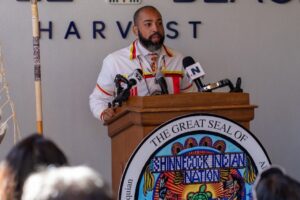



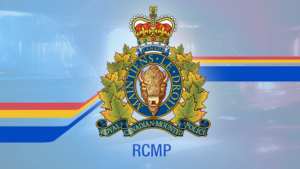
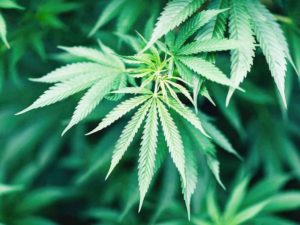
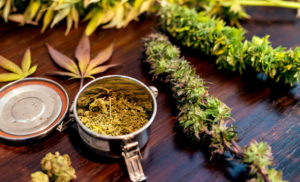
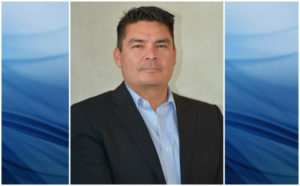
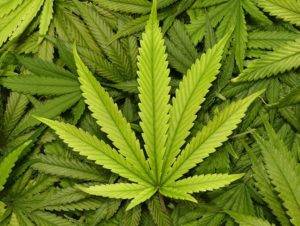



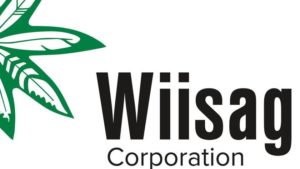
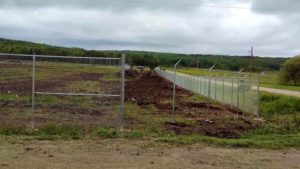
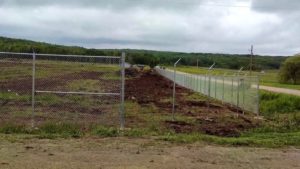
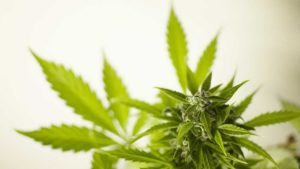
Comments are closed.